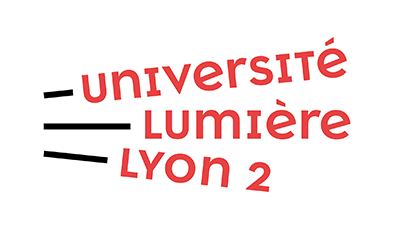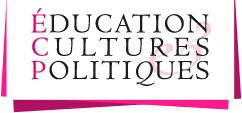Axis 2 aims to understand the challenges of public policies on diversity in the field of education and training. Contrary to a certain republican imaginary aiming to neutralize differences, the theme of equal opportunity has been constantly reconfigured in public debate and on the institutional level since the last quarter of the 20th century. In addition to the issue of social inequality, it now includes the question of ethnic, religious and sexual minorities, gender relations and people with disabilities. Initially deployed in companies (for example, the 2008 Diversity Charter and label), these diversity policies have been translated into the world of education and training through curricula (civic education, earth sciences and life, history, teaching of religious facts, etc.) as well as in the skill sets of training professionals. This concern for diversity is not limited to the fight against discrimination, but at the same time is linked to the search for diverse ways of "building community" in a world whose plural dimension is now widely recognized.
If the work carried out within the framework of Axis 2 focuses on educational and formative discourses and practices, it is clear that the dialectic of commonality and diversity engages normative tensions that go beyond the school world alone and affect the different spheres of social life as well as the trajectories of individuals and groups that are at stake.
The diversity referred to in the title of axis 2 can hardly be reduced to an axiologically neutral pluralism, but must be understood within the framework of power relations in the mechanical sense of the term, i.e. in reference to hierarchies of norms and interests, which are certainly changing but nevertheless effective in that they carry more or less weight and lead to the existence of majorities and minorities (likely to be the subject of discrimination and, if necessary, of specific protection policies): people with disabilities, obese people, homosexuals, allophone pupils, members of exogenous religious communities, families of immigrant origin, women (we are giving ourselves here a non-exclusively quantitative definition of "minority" understood from the perspective of structural relations of domination).
Research in the field of disability contributes to the understanding of a changing society as well as institutional policies for the consideration, but also the training and support of disabled people. It is particularly important to take into account the needs, practices, trajectories and individual experiences of stakeholders. Research on issues related to accessibility and educational adaptation, but also on well-being and quality of life, citizenship and technical and technological advances dedicated to disability, reveal policies and practices that are significant in the shift to a qualitative approach to the issue of disability: stakeholders and institutions aim to promote "better living together" and the development of individuals. The study of the mechanisms of creation of the common in its institutional, curricular and territorial aspects, the exploration of practices and strategies for teaching, training and learning, and the analysis of the institutional and political dynamics at the heart of the activity of experts and actors of an inclusive society still under construction are articulated.
Research in the field of handicap contributes to the understanding of an evolving society as well as institutional policies for the consideration, but also the training and the accompaniment of the public in handicap situation. It is particularly important to take into account the needs, practices, trajectories and individual experiences of stakeholders. Research on issues related to accessibility and educational adaptation, but also on well-being and quality of life, citizenship and technical and technological advances dedicated to disability, reveal policies and practices that are significant in the shift to a qualitative approach to the issue of disability: stakeholders and institutions aim to promote "better living together" and the development of individuals. The study of the mechanisms of creation of the common in its institutional, curricular and territorial aspects, the exploration of practices and strategies for teaching, training and learning, and the analysis of the institutional and political dynamics at the heart of the activity of experts and actors of an inclusive society still under construction are articulated.
With the coexistence of various disciplinary and methodological approaches, the research objects of axis 2 intend to contribute jointly to the explanation and understanding of the processes of alteration or communalization at stake in the discourses and training situations in various contexts. The aim is to question the territorial, institutional, organizational and cultural dimensions in order to account for the social dynamics of the production of commonality, to appreciate the teaching and learning strategies with a view to producing resources.



